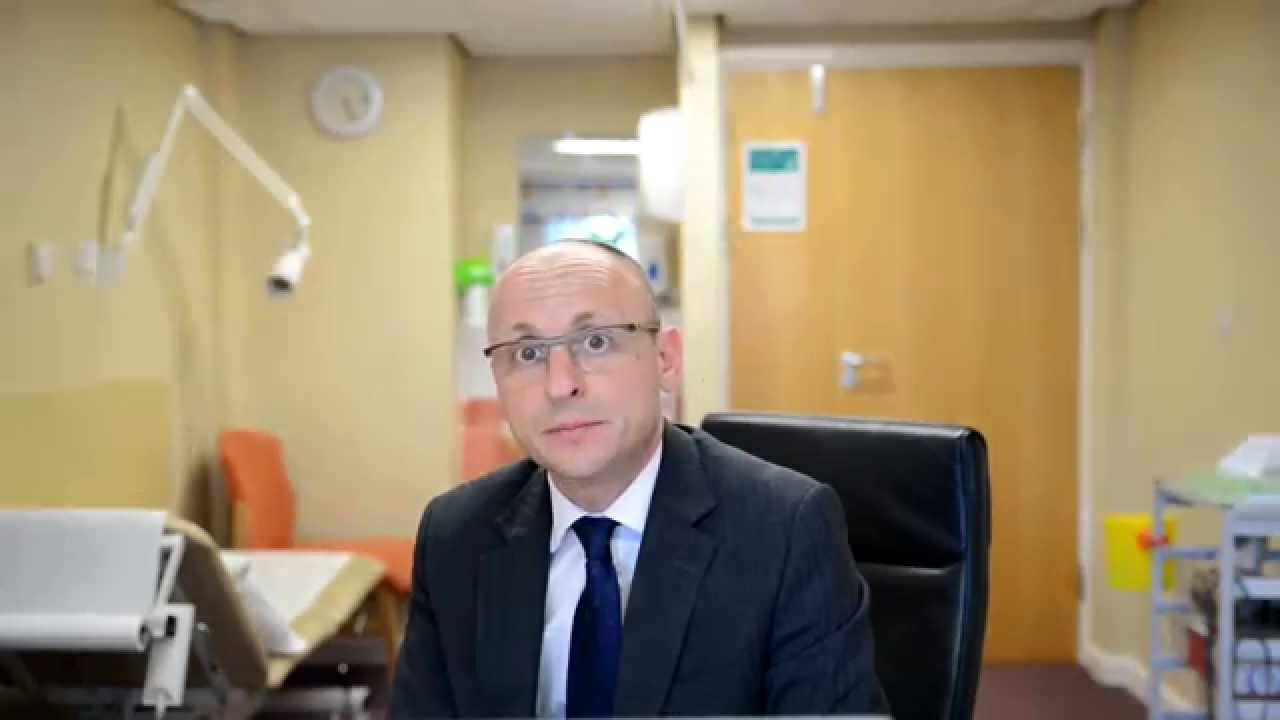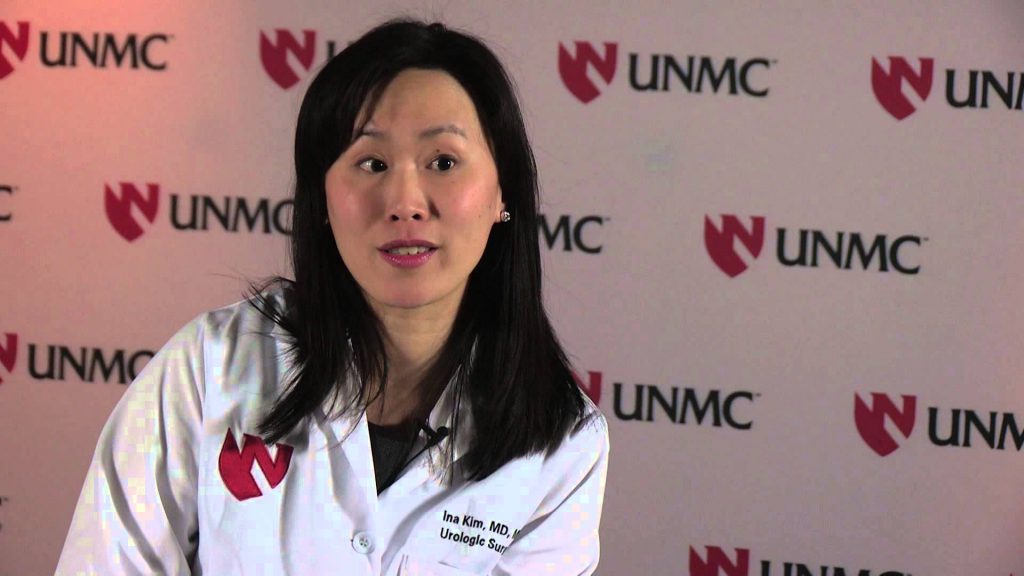Fertility Rates by Age | Infertility
You already love Spotify, but do you know how to get the most out of it? Click here to learn all the Spotify Tips and Tricks you never knew existed. http://bit.ly/1VfW63R
Watch more How to Understand Infertility videos: http://www.howcast.com/videos/511900-Fertility-Rates-by-Age-Infertility
Perhaps the most challenging aspect of fertility care is dealing with the advanced age of both the women and the men involved.
As women age, the chances of fertility decline significantly. A woman who is 18 years old has a significantly greater chance of conceiving in a cycle than a woman who is 30 years old. A woman, who is 30 years old, has a much better chance than a woman who is 35 years old, and so on. Typically, fertility rates drop, significantly, as women enter their mid 30s. There is some evidence of decline even as early as 30, but the decline doesn’t usually become significant until after about the age of 34. It depends, however, on the specific woman.
Some women run out of eggs at young ages, sometimes even in their 30’s or early 30’s. Some can run out of eggs not until their late 50’s. A lot of this is determined genetically by the number of eggs that a woman has at the time that she is born and the number of eggs left in her ovaries by the time she begins puberty.
It’s very important that as women age that they see a fertility specialist very quickly. The decline in egg quality that occurs from 35 to 40 is much, much more significant than it is from ages 30 to 35. Men also are affected by the increase in age. It has been shown that even in studies in which the woman’s age is controlled for, that the advanced age of the man is associated with much higher pregnancy loss rates and also higher changes of infertility.
As men age, there’s often a decline in sperm count and also some adverse effects in the movement and the shape of the sperm. It’s also been shown that sperm undergoes a great deal of DNA damage during life and that men with advanced age have higher amounts of DNA damage than men of younger ages. So, age is an absolutely imperative factor to consider for a couple’s undergoing fertility treatments.





